Spring Budget: Hunt reiterates commitment to NatWest retail share offer
The NatWest shares could go on sale as early as this summer, with the government committed to exiting its stake in the bank by 2025/26.

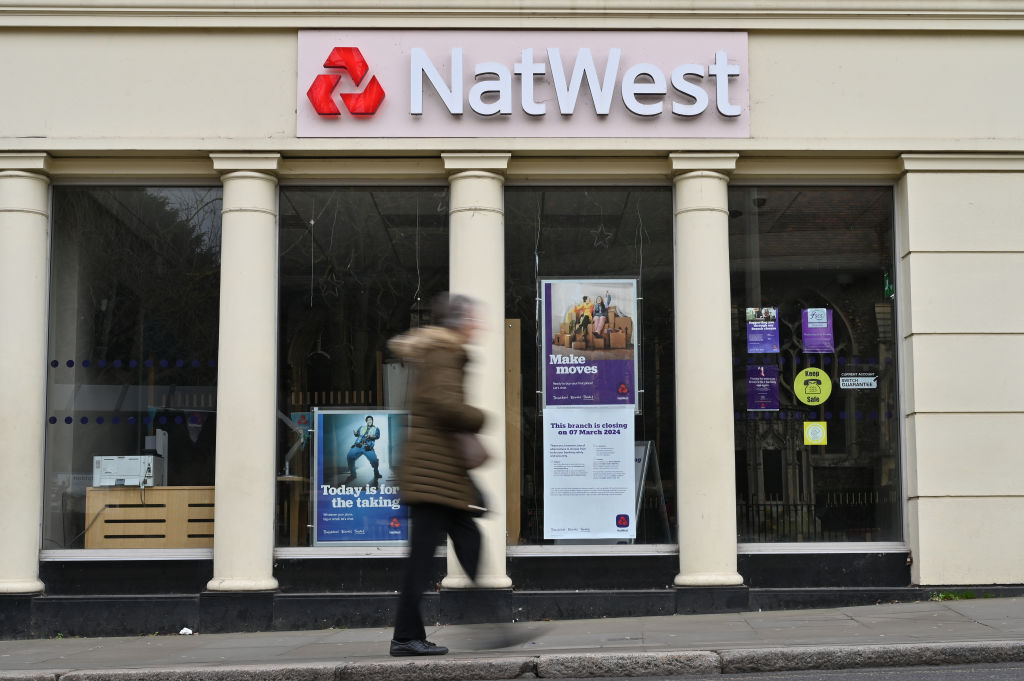
Get the latest financial news, insights and expert analysis from our award-winning MoneyWeek team, to help you understand what really matters when it comes to your finances.
You are now subscribed
Your newsletter sign-up was successful
Want to add more newsletters?

Twice daily
MoneyWeek
Get the latest financial news, insights and expert analysis from our award-winning MoneyWeek team, to help you understand what really matters when it comes to your finances.

Four times a week
Look After My Bills
Sign up to our free money-saving newsletter, filled with the latest news and expert advice to help you find the best tips and deals for managing your bills. Start saving today!
In his Budget speech before a crowded House of Commons, Jeremy Hunt announced a string of measures, including a 2p National Insurance cut, changes to the child benefit scheme, and the launch of a new British ISA.
He also reiterated the government’s plans to launch a NatWest retail share offer as early as this summer, “subject to market conditions and sales representing value for money”.
The government currently has a 33% stake in the bank, down from a peak of 84%, having stepped in to bail it out at the height of the Global Financial Crisis in 2008. It is looking to fully exit its holding by 2025-2026.
MoneyWeek
Subscribe to MoneyWeek today and get your first six magazine issues absolutely FREE

Sign up to Money Morning
Don't miss the latest investment and personal finances news, market analysis, plus money-saving tips with our free twice-daily newsletter
Don't miss the latest investment and personal finances news, market analysis, plus money-saving tips with our free twice-daily newsletter
The Budget document states that the “ongoing trading plan is making good progress against [its] objective, having now generated over £5.2 billion of proceeds since launch”.
It adds that “the government has raised over £14.5 billion of proceeds from sales of the NatWest shareholding to date”.
NatWest retail share offer – should you invest?
Investors are expecting the government to offer the shares at a discount to their full price to encourage interest, which could create an attractive entry point. This move would not be dissimilar to the “Tell Sid” privatisations of the 1980s.
UK banking stocks are currently undervalued, having taken a hit in the aftermath of the Brexit referendum. This trend is seen in UK equities in general, which are still lagging behind their international peers to this day.
Any additional discount that the UK government offers could allow investors to bag the shares at a bargain price – but would this be a good move?
NatWest released its latest results on 16 February, revealing its highest pre-tax profits since 2007. However, falling interest rate expectations going forward could mean that the bank’s earnings aren’t as strong going forward as they were in 2023.
Of course, this wouldn’t affect NatWest alone, but would be a sector-wide issue.
Commenting on UK banking stocks in general during their recent results season, Owen Freshwater, investment manager at Evelyn Partners, told us that “it is difficult to find a near-term catalyst” for valuations improving.
Despite this, banks can be a good buy for income-hungry investors. In its latest results announcement, NatWest showed a strong commitment to returning capital to shareholders in the form of a healthy 11.5p dividend per share.
It also announced plans to launch a £300 million share buyback scheme in 2024.
Get the latest financial news, insights and expert analysis from our award-winning MoneyWeek team, to help you understand what really matters when it comes to your finances.
Katie has a background in investment writing and is interested in everything to do with personal finance, politics, and investing. She previously worked at MoneyWeek and Invesco.
-
 Should you buy an active ETF?
Should you buy an active ETF?ETFs are often mischaracterised as passive products, but they can be a convenient way to add active management to your portfolio
-
 Power up your pension before 5 April – easy ways to save before the tax year end
Power up your pension before 5 April – easy ways to save before the tax year endWith the end of the tax year looming, pension savers currently have a window to review and maximise what’s going into their retirement funds – we look at how
-
 NatWest boss says a return to full private ownership expected next year
NatWest boss says a return to full private ownership expected next yearThe UK Treasury's stake in NatWest has fallen to below 11% - here is what it means for the share price
-
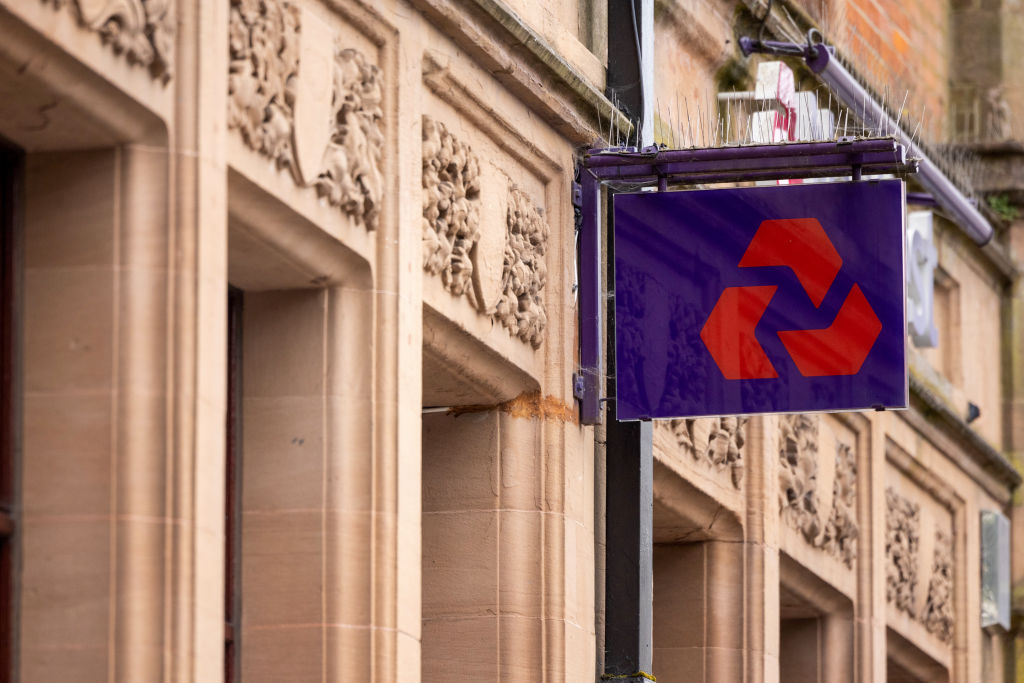 Government sells another £1bn in NatWest shares as full privatisation edges closer
Government sells another £1bn in NatWest shares as full privatisation edges closerThe UK Treasury's stake in NatWest has fallen to just over 11% - here is what it means for the share price
-
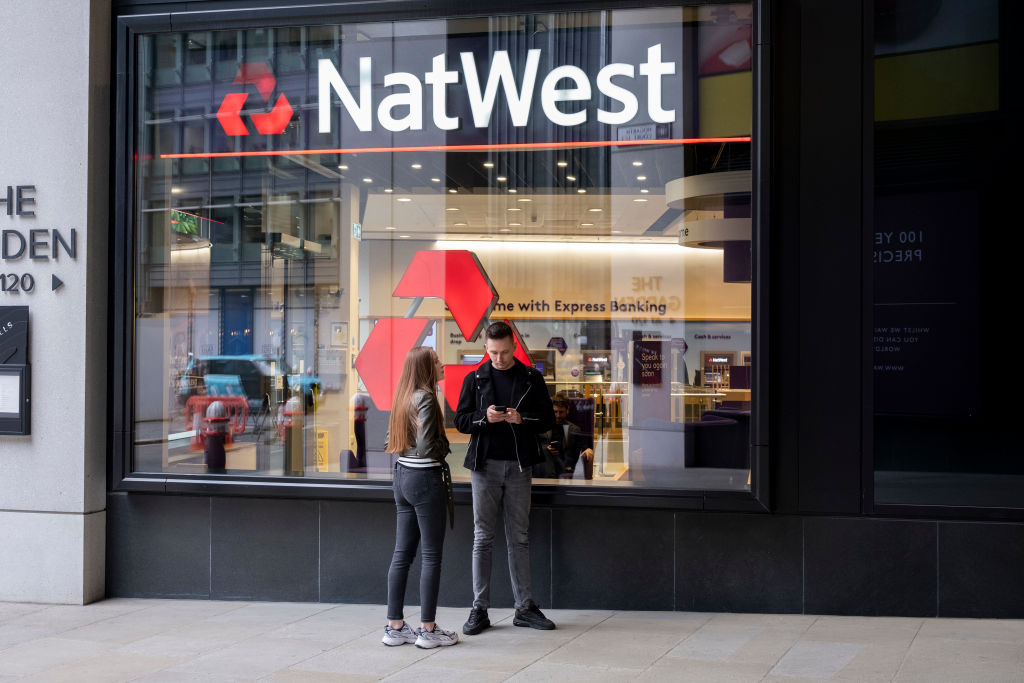 NatWest shares surge after profits beat expectations
NatWest shares surge after profits beat expectationsNatWest, which has been one of the FTSE 100’s best-performing stocks this year, notched up profits of £1.7bn during the quarter
-
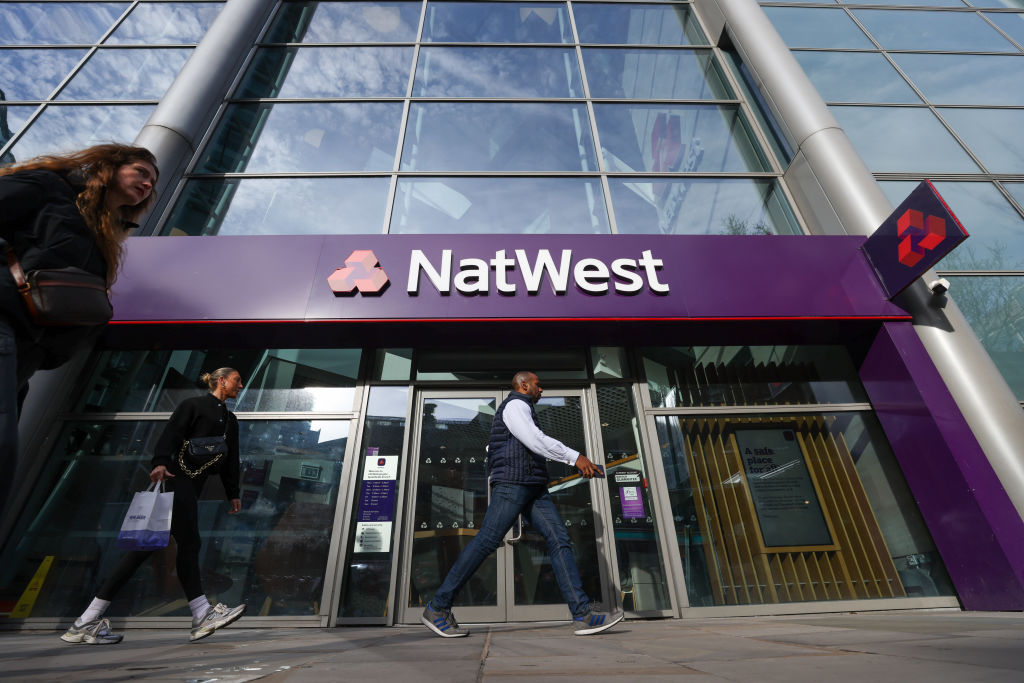 Taxpayer stake in NatWest falls as retail share sale is delayed
Taxpayer stake in NatWest falls as retail share sale is delayedNews NatWest has purchased £1.24 billion of shares back from the Treasury as the general election has stalled plans for a retail offering. Here is how you can still buy NatWest shares
-
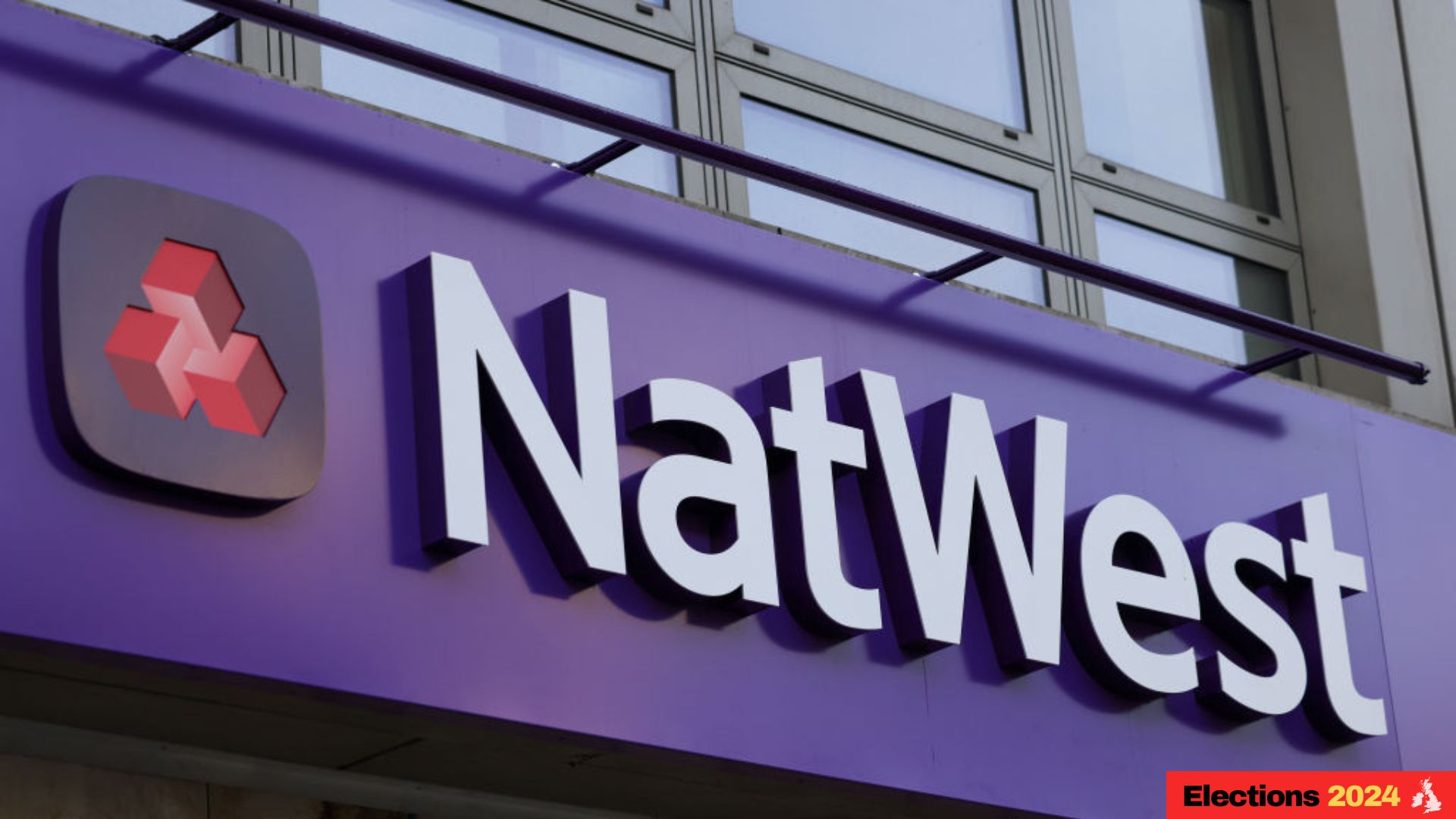 What’s happening to the NatWest share sell-off? Impact of general election 2024 explained
What’s happening to the NatWest share sell-off? Impact of general election 2024 explainedThe UK government has held shares in NatWest Group since the 2008 Financial Crisis. But a plan to sell off a large chunk of them appears to have been delayed.
-
 Government considers selling remaining stake in NatWest – are the shares worth it?
Government considers selling remaining stake in NatWest – are the shares worth it?News Retail investors may get a chance to buy the remaining taxpayer shares in NatWest but its performance so far this year may not make it an attractive investment.
-
 Will mortgage rates fall this year?
Will mortgage rates fall this year?The mortgage price war may be over in a blow for borrowers. Whether you're buying a home, remortgaging or you’re a buy-to-let landlord, we look at the outlook for mortgage rates this year and into 2026
-
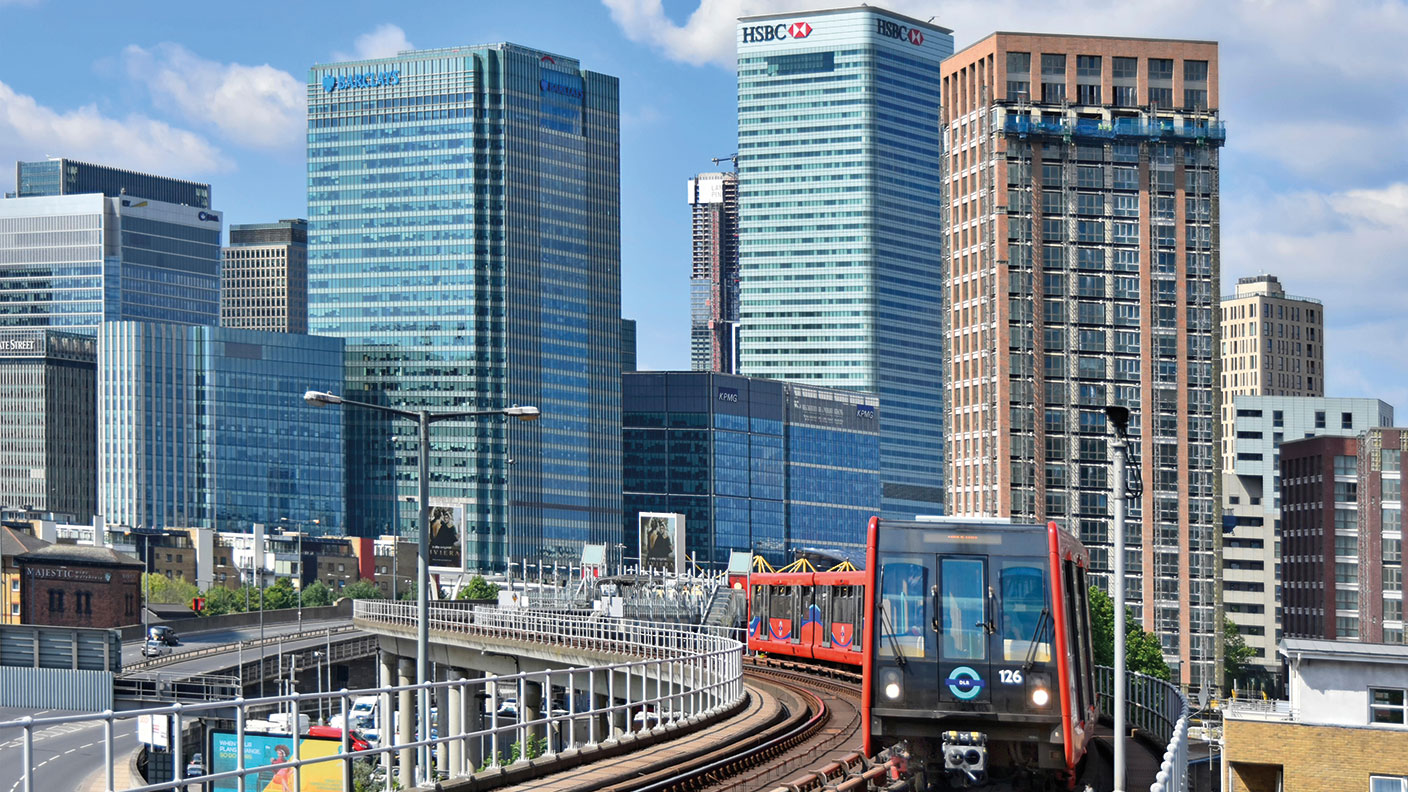 When to buy shares in NatWest, Britain's worst bank
When to buy shares in NatWest, Britain's worst bankTips Rising interest rates should lift profits for the banking sector if inflation doesn’t get out of control, says Bruce Packard.
